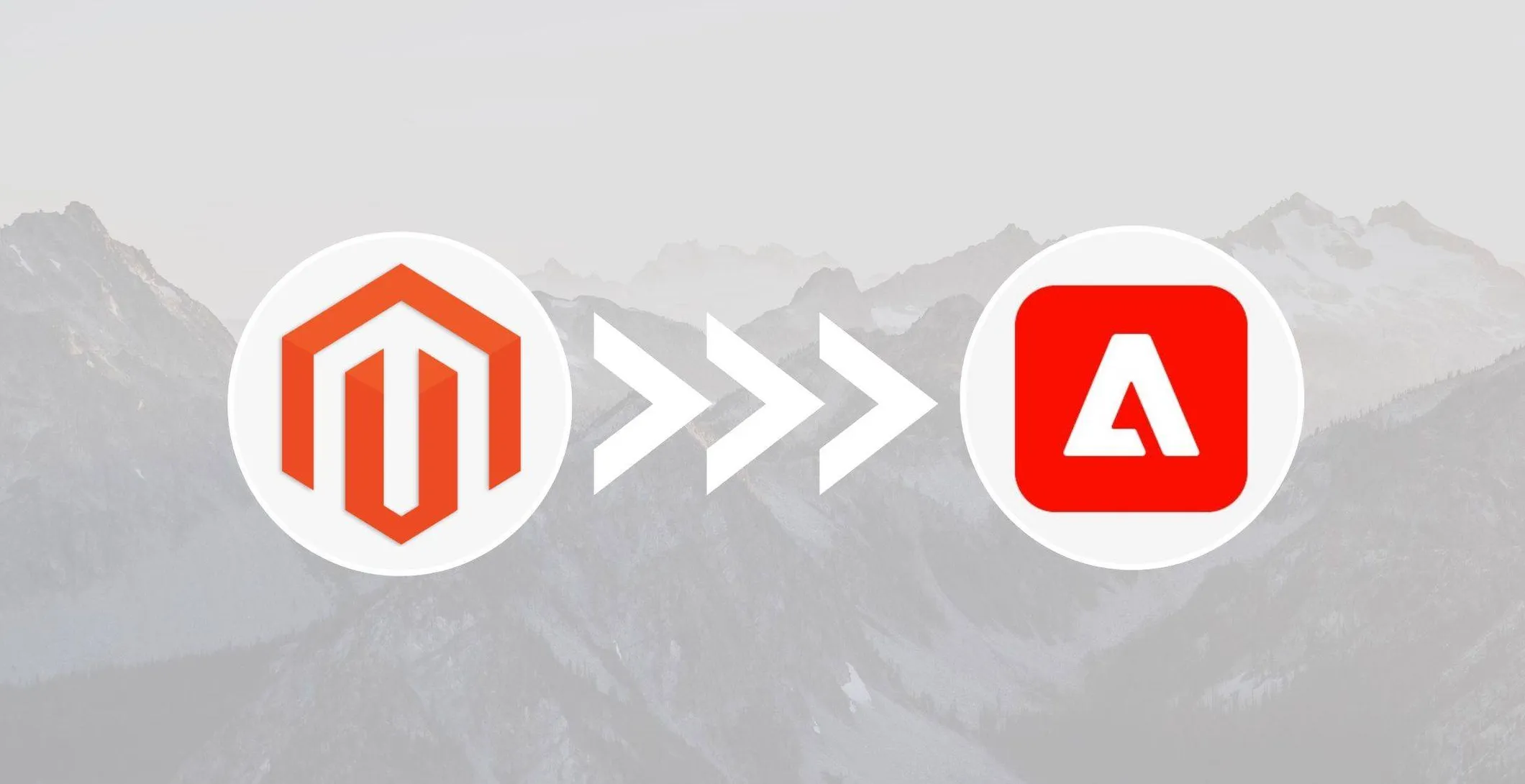When the news that Magento was being acquired by Adobe surfaced, there were mixed emotions – some found ways that the acquisition could be beneficial for the different parties involved, while many others debated the various prospects and challenges of the same. As many would be aware, Adobe is a Java-based platform, whereas Magento is PHP-based. Of course, it is now the time when programming languages make less of an impact on people’s decisions on choosing a service; however, integrating the two different platforms was expected to be challenging.
Magento’s Customers
Obviously, it is Magento’s customers or users who experience the highest impact of this acquisition. More specifically, it is the SMBs or small- and medium-sized businesses that use the platform that are likely to find it challenging, and this number accounts for over hundreds of thousands of sites.
Most of you would remember that Magento originally offered an open-source platform; by offering its customers access to the basic source code, it allowed them to tune up their existing features or even create new ones based on their needs. As a matter of fact, this flexibility was one of the main reasons why many business owners preferred Magento over many of its competitors. However, Magento stopped its open-source offering, which was then called the Community Edition, and released Magento 2.0 with increased license costs. Not to forget, Adobe already charges quite high upfront license costs, and it is expected that the acquisition of Magento by Adobe will only further increase these costs, which small and medium businesses can find to be quite expensive.
Whether it is to make the pricing match their current enterprise pricing structure, or the most obvious reason, to get back the $1.68 billion they spent on the acquisition, such price increases can easily drive away even the current users of Magento, not to mention potential customers, towards other less expensive solutions. While the current Magento customers were already hit hard having to upgrade to Magento 2.0, which cost them not just money but also the need to learn more complex operations, the above-discussed increases in costs/fees will further put them off.
The Conflicts
Yes, you can expect Adobe to push some of their product offerings to the existing customers of Magento, and might even go as far as bringing down their support for many of Magento’s plugins and other products that might be competition for their product offerings. This will make many business owners rethink their choice of eCommerce platform, and many wouldn’t hesitate to move elsewhere.
Let’s just say that it seems almost impossible to seamlessly integrate the concepts of enabling customization of features across eCommerce platforms using Magento and managing content using Adobe Experience Manager. Though the companies claim to make the process seamless, it is no exaggeration to say that they have not succeeded in it so far, considering it has already been three years after the acquisition.
The open-source roots of Magento have been offering a collaborative environment for hundreds of thousands of developers, which now seems to be at cross-purposes with Adobe. While the giant, Adobe, has stated that it is devoted to offering the necessary support to this community of developers/customers, the Magento community might not take it positively, mainly because of the fact that their core platform is now possessed by a huge enterprise. Also, when you think about it, Adobe’s product offerings are more focused on offering enterprise-level solutions, whereas Magento works towards helping small and medium businesses, which again is a conflict.
While the companies are continuing to work together to make the acquisition work, especially for Magento’s existing customer base, the result is still unclear. Fortunately, customers have other solid alternatives to choose from.




